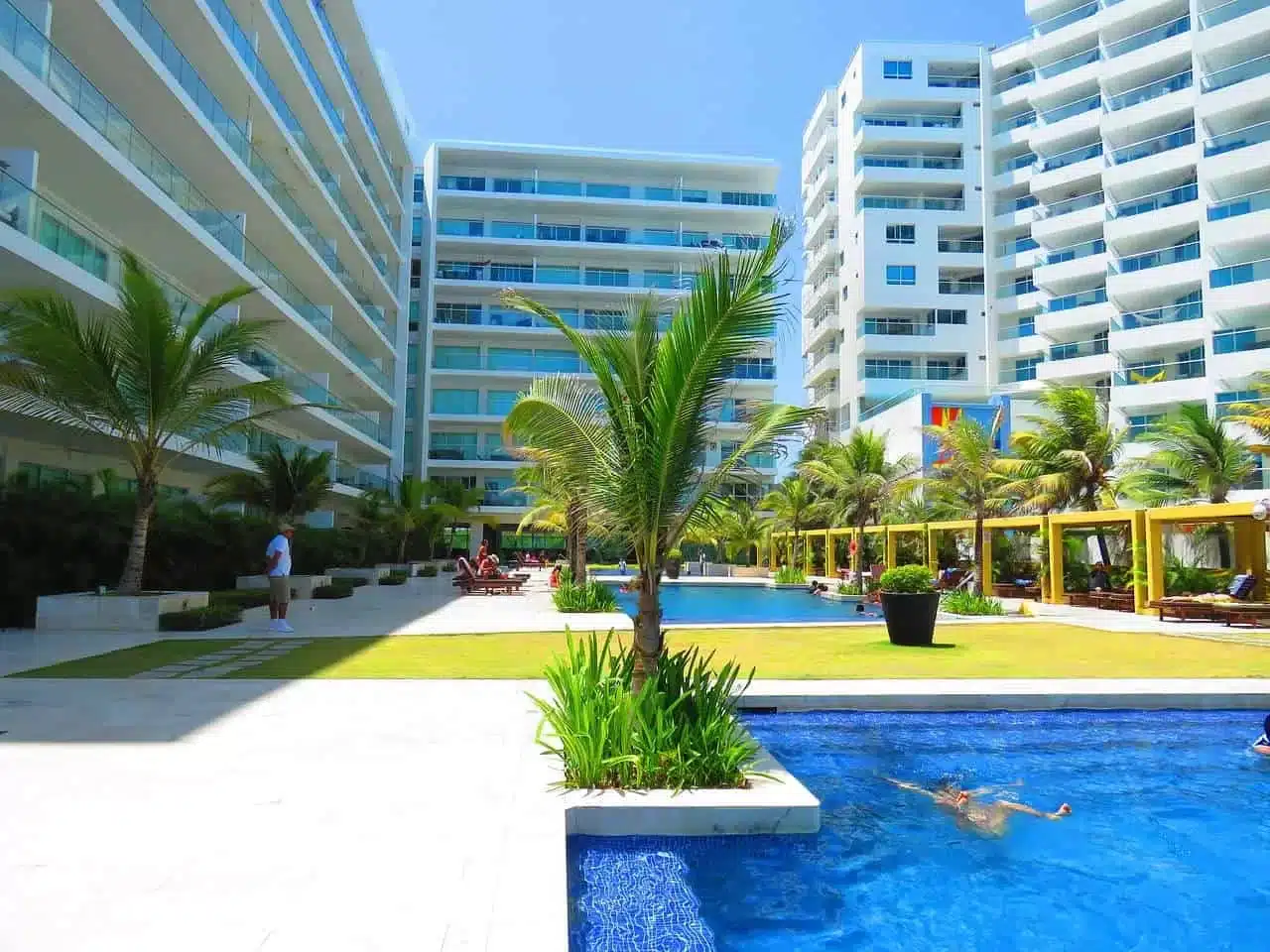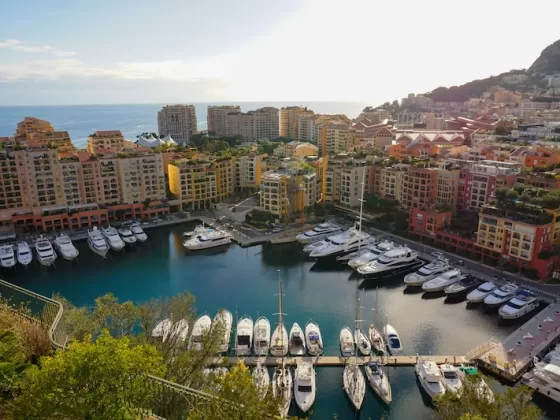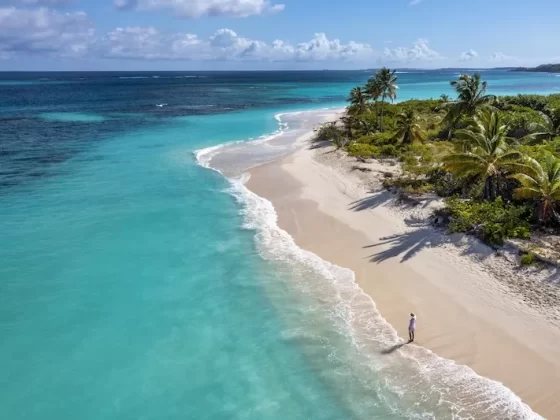After 17 years advising expats, living the life, and having been a resident in 5 countries, here’s what I think you need to know before going offshore. This article is from a tax, IRA, and business perspective. I’ll be coming out with a post on more personal items you need to consider before going offshore.
Also, this post is written for US citizens. We gringos must deal with the US IRS no matter where we live. The US government always has its hand out. Here’s what you need to know about going offshore as a US citizen.
Capital Gains
For most of us, capital gains are always taxable. It doesn’t matter where you live, so long as you hold a US passport or green card, the IRS wants 20% of your passive income. We hear lots about the tax breaks of Apple and others offshore… none of these tax deals make any difference to you.
Even if you’re a resident of a foreign country and qualify for the Foreign Earned Income Exclusion, the IRS still wants its share of your capital gains. If you pay capital gains tax in a foreign country, you get a dollar for dollar credit on your US tax return. This is called the Foreign Tax Credit and eliminates double tax on your income.
For example, you sell a rental property in Nicaragua in 2017 for a gain of $100,000. The capital gains rate in Nicaragua is 10% and the capital gains rate in the US is 20% (assuming Obamacare is repealed under Trump). So, you pay $10,000 to Nicaragua and $10,000 to the United States for the honor of carrying a blue passport.
If this same transaction occurred in Belize, where there is no capital gains tax, 100% of the capital gains tax goes to Uncle Sam. You pay 0% to Belize and 20% to the United States.
If you sell a rental property in the UK, your tax rate will be 28%. This means you’ll pay $28,000 to the UK and zero to the United States.
You can avoid these taxes by purchasing foreign real estate in your IRA or in an offshore life insurance policy. For more information on capital gains and real estate see Where to buy international real estate in 2017.
Accessing Your Retirement Accounts
Our most liquid asset is our retirement account. We might have more value stored up in real estate, but it’s hard to get that out of the United States. If you’re looking for money to invest offshore, consider your IRA.
You can move your IRA offshore if the account has “vested.” A vested account is typically one from a previous employer. When you leave a job, you have the right to take that account with you, and that’s when the retirement account “vests.”
If you’ve been at the same job for many years, or you have a defined benefit plan, it may have vested. You should check with HR or your plan administrator.
It’s relatively simple to move your retirement account out of the United States. Basically, you form an offshore LLC owned by the account with you as the manager. Then the LLC opens an offshore bank account and you invest your retirement savings into that LLC.
From here, you have total control over the investments of your retirement account. You can buy real estate, gold, stocks, etc. You can also use your IRA to get residency in countries like Panama and Nicaragua.
From more on moving your IRA offshore, see: Here’s how to take your IRA offshore in 6 steps.
Bank Accounts
It’s become very difficult for US citizens to open international bank accounts. FATCA and the IRS have been working tirelessly to force us to keep our cash at home, and they’ve largely succeeded.
Most foreign banks don’t want the headache of dealing with US persons. Those that do accept us charge all kinds of extra fees.
If you have $2.5 million in cash, you can get a managed account in Switzerland. Otherwise you’ll need to open up in Belize, Cook Islands, or St. Vincent. For a list of offshore banks, write to me at info@premieroffshore.com and I’ll send you an updated list.
Residency Required (New for 2017)
As of 2017, if you want access to a major offshore banking center you need residency. You need significant connections to the country to justify opening a personal or business account. It’s no longer sufficient to tell the bank you want to operate an online business or manage your investments in Panama or Singapore… banks now demand a good reason why you need (not want) an account in their country.
The requirement of residency began 4 years ago with Cayman Islands. To open a personal or business account on the Island you must have residency or own real estate in Cayman. Again, it’s not sufficient to say you want an account, you must show sufficient ties to Cayman to prove you need an account. For more, see: Move your business to Cayman.
As of 2017, all the tax havens are following Cayman’s lead. If you don’t have residency in Panama, Singapore, Hong Kong, or any of the other financial centers, you aren’t getting an account… at least not a small account or a business account.
As I wrote about offshore banking above, if you have $2.5 million to drop into a managed investment account, you’ll find plenty of banks that will take you. They make enough money on selling investments and churning the account to cover the compliance costs they’ll incur.
If you want a business or personal account, you must have residency. Only those with sufficient ties to the country will be allowed to open a bank account.
Think of residency as your entry fee. Offshore banking is now for the well connected and those who know how to play the game… offshore banking has become “pay to play.”
Residency in Singapore requires an investment of $2.5 million. Or you can buy citizenship in Malta for $1.2 million and Dominica for $120,000.
The lowest cost residency in a tax haven / financial center is Panama. You can become a resident, and gain access to its 70+ banks, with an investment of $20,000. Invest in Panama’s green initiative, the reforestation visa program, and you’ll have residency in a few weeks. Fore more on this, see: Best Panama Residency by Investment Program.
For your information, residency is also required for those making frequent trips to these countries. If you make multiple trips a year, you must have residency. For more on this, see: Are you living in Panama without a visa? Watch out, the government is targeting expats!

Compliance
The long arm of the IRS can reach you just about anywhere on the planet. So long as you hold a US passport, you must file your US tax returns.
There are a few exceptions, but you generally must report all international transactions. I won’t bore you with all the US filing requirements here. If you’re looking for exciting reading, see: Offshore Filing Requirements.
Conclusion
If you have questions about how to structure your affairs abroad, residency in Panama, or a second passport, please contact me at info@premieroffshore.com or call (619) 550-2743. All consultations are free and confidential.
[amazon_ads]










